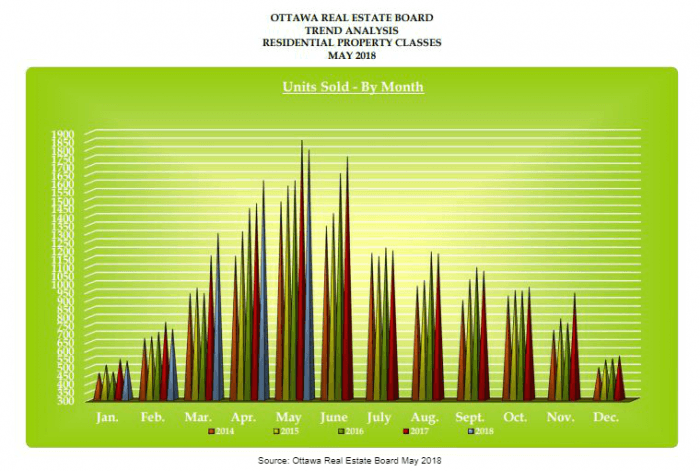Buying a home with a friend is a good way to get into the housing market. The pandemic has affected businesses everywhere, the Real Estate market has rebounded well. House sales experienced a little interruption early on. It has bounced back bigger and better than what could have ever expected. This has been a result of a great demand brought on by low inventory and motivated buyers. Buyers also want to take advantage of low-interest rates. The house prices will continue climbing, so it only makes sense to become a homeowner as soon as you can.
Buying homes as an Investment
A trend we are seeing more of is people buying homes with their friends as an investment. It is an excellent way to build wealth and plan for the future ahead. The benefits of buying are obvious, two incomes and two down payments. This decision will need much planning, consideration, and honest communication. Here are some tips on how to buy a home with a friend. This will help make a positive and educated investment in your future.
Co-ownership: Joint Tenants & Tenants-in-Common.
When buying a home with a friend, there are two different options you have as co-owners. You can own as “Joint Tenants”, or as “Tenants in Common”. To keep it simple, the word “Tenants” refers to a co-owner when more than one person owns an estate. The difference between these two options is what happens if one of the tenants were to die. In the Joint Tenant agreement, if one of the co-owners were to pass, their share of the home goes to the other owner(s). For a Tenant in Common situation, the part of the property owned would go to the individual’s estate. What all co-owners should be aware of is that no matter the arrangement, there can only be one lender. All owners will have to sign the mortgage. If one of the co-owners misses a mortgage payment, it will affect everyone’s credit scores. Be honest about your financial situation and enter into these agreements with people that you know well and trust.
Create a Strong Agreement or Contract.
“What if’s” are a big thing when it comes to making a buy as big as a home. Unfortunately, it is hard to predict what could happen in the next five or ten years is unlikely. Because of this, it is important to work out an agreement on what to do in case of hardships in the future. Have a contract in place in case something goes wrong. This will help if someone wants to rent out or sell the home.
Credit Scores Matter
Even with a large down payment, you don’t want to accumulate a lot of debt or have a poor credit rating. This could affect the rate you receive, or have lenders turn away altogether. Be open and honest about your financial situation when purchasing a home. If one of your co-owners has poor credit or an unstable income, you should leave them off of the ownership. Instead, work out a separate agreement to secure a better rate from the lender of your choice.
Finally, your Mortgage
When it comes to securing a mortgage for a Joint Tenant or Tenant in Common situation, get advice from a mortgage specialist. Mortgage Specialists live and breathe mortgages. They have a wealth of information to share with people in all types of situations. There is a variety of lenders to shop from, they can help you find the best rates for your circumstances. They will listen to your goals and offer a holistic approach so that you can get the most out of your investment.
Buying a home is a big decision that requires much thought and planning. With house prices continuing to climb, it is better to get in sooner rather than later if you have the means. Whatever your situation is this is something your REALTOR® can help with. The current real estate market is moving fast so if you are thinking of buying take a look a look at our articles on Understanding Multiple Offers Contact us today with any questions you have about investing in Real Estate. We are always happy to help.











 Spring is in the air, and the real-estate market is ramping up for the beginning of buyers’ season. Things tend to move faster in the spring and houses for sale are often sold shortly after they are listed. As a potential home buyer, it is important
Spring is in the air, and the real-estate market is ramping up for the beginning of buyers’ season. Things tend to move faster in the spring and houses for sale are often sold shortly after they are listed. As a potential home buyer, it is important 


 Spring hasn’t begun to crack through the winter thaw, but that doesn’t mean there’s time to wait if you’re planning on purchasing a home this spring.
Spring hasn’t begun to crack through the winter thaw, but that doesn’t mean there’s time to wait if you’re planning on purchasing a home this spring. 

